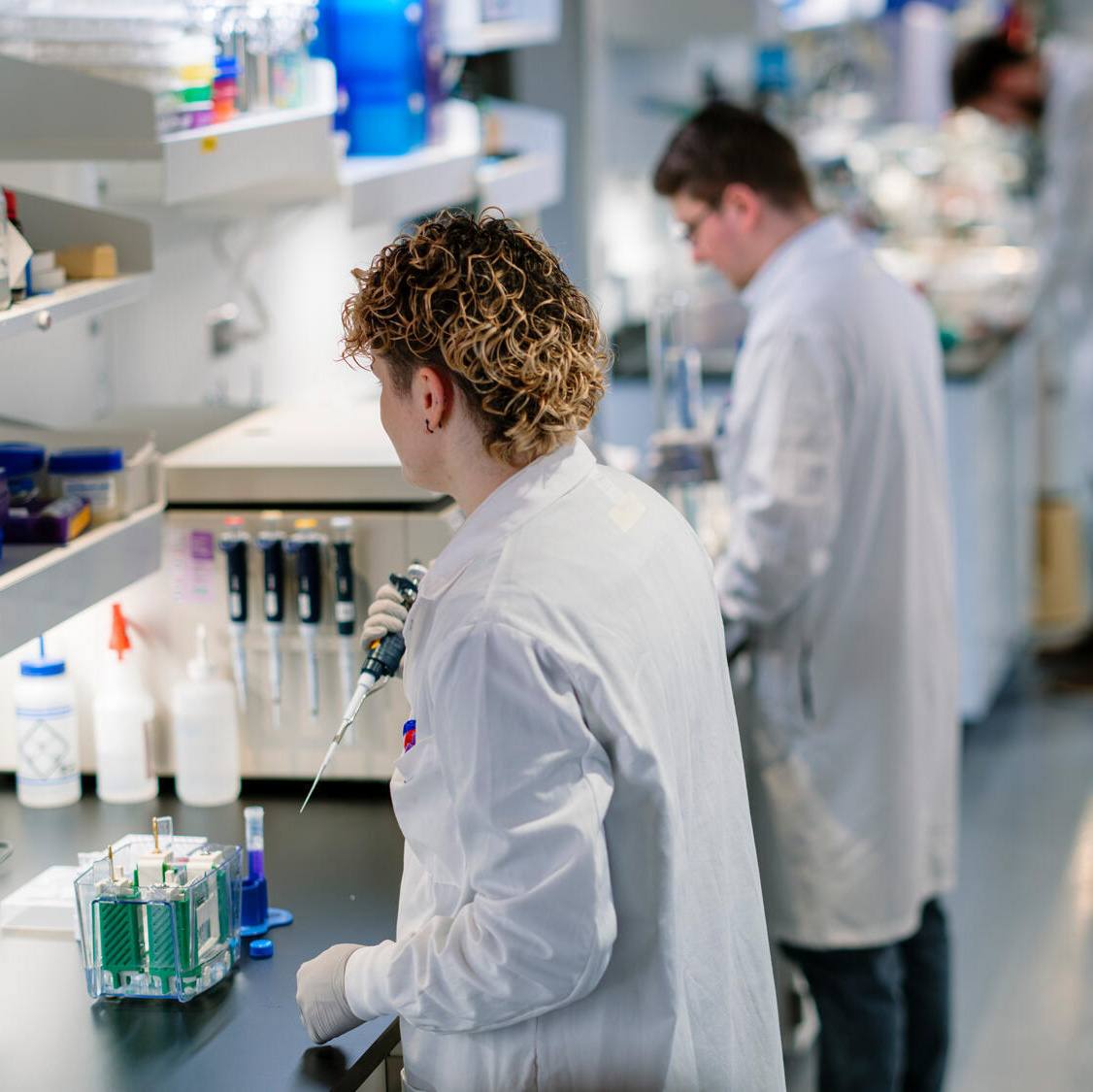-
Minnesota
Implications of Patient Genomic Sequencing at ACMG
ROCHESTER, Minn. — Researchers from the Mayo Clinic Center for Individualized Medicine will present results of three different studies evaluating implications and feasibility of genome sequencing at the ACMG Annual Clinical Genetics Meeting this week in Nashville, Tenn. Presenters are available for interviews at the conference or remote interviews by telephone. To schedule an interview, please contact Sam Smith, Mayo Clinic public affairs specialist, at 507-284-5005 or newsbureau@mayo.edu.
Richard Sharp, Ph.D., director of the Bioethics Program in the Mayo Clinic Center for Individualized Medicine, also will participate on Saturday, March 30, in a panel discussion entitled “Duty to Recontact” in the Genomics Era: Interdisciplinary Perspectives and Open Forum. “Duty to Recontact” addresses providers’ obligations to patients who have undergone previous genetic testing, given the growing complexities of genetic/genomic medicine and the potential for new findings in old tests. Dr. Sharp is an advisor to the National Institutes of Health, the Institute of Medicine and the Environmental Protection Agency. He can discuss the ethical, legal and social implications of integrating genomics technologies into patient care.
The Mayo Clinic Center for Individualized Medicine presentations include:
- Patients’ Views on Incidental Findings from Clinical Exome Sequencing (platform oral presentation) — The Individualized Medicine Clinic offers whole exome sequencing for patients with advanced cancers and difficult diagnoses. Among the difficult questions clinicians and patients wrestle with is, “How much information is too much?” Researchers interviewed 44 patients of the Individualized Medicine Clinic about what they would and wouldn’t want to know from next-generation sequencing. Findings demonstrate that patient perspectives of risks and benefits of knowing genomic information are personal and contextual. As one participant stated, “I think this is the Individual Medicine program for a reason. Everything has to be on a case-by-case basis.”
- Whole Exome Sequencing of Ten Scientists: Evaluation of Process and Outcomes (poster presentation) — As genome sequencing technologies advance at a breakneck pace, patients will increasingly expect to have their whole exome — and eventually their whole genome — embedded in their records, just like family histories and medication lists. In an attempt to understand the difficulties and limitations of whole exome sequencing in routine care, 10 genetics scientists underwent sequencing and genomic counseling.
- Pharmacogenomic Information in the EMR: Perspectives of Biobank Participants Invited to Participate in a Proof of Concept PGx Study (poster presentation) — The debate is just getting started over who will have access to genomic information and how that information will (or won’t) be protected. Researchers asked 900 participants in a pilot pharmacogenomics study their understanding and concerns about a pilot program embedding their personal genomic information into patient electronic medical records. From this sampling of participants in the Mayo Clinic Biobank, the largest concern was whether insurance companies could have access to genomic information.
# # #
About Mayo Clinic
Recognizing 150 years of serving humanity in 2014, Mayo Clinic is a nonprofit worldwide leader in medical care, research and education for people from all walks of life. For more information, visit 150years.mayoclinic.org, www.mayoclinic.org and newsnetwork.mayoclinic.org.
About the Mayo Clinic Center for Individualized Medicine
The Mayo Clinic Center for Individualized Medicine is home to the Individualized Medicine Clinic, which uses patients’ own genetic codes to provide new hope for people with advanced cancers and difficult diagnoses. The center discovers and integrates the latest in genomic, molecular and clinical sciences into personalized care for each Mayo Clinic patient. Visit http://mayoresearch.mayo.edu/center-for-individualized-medicine for more information.
MEDIA CONTACT:
Sam Smith, Mayo Clinic Public Affairs, 507-284-5005, newsbureau@mayo.edu







